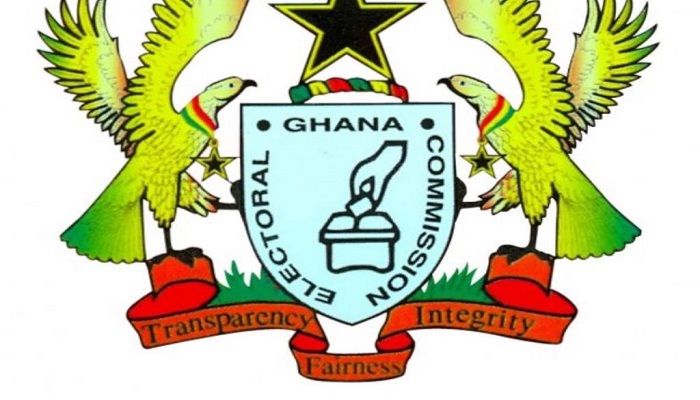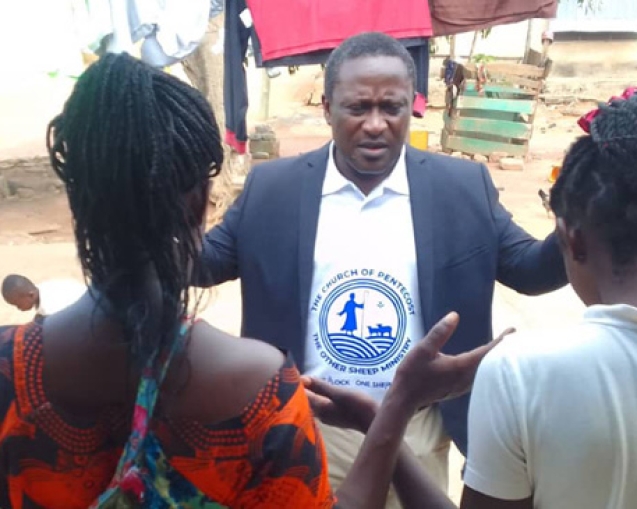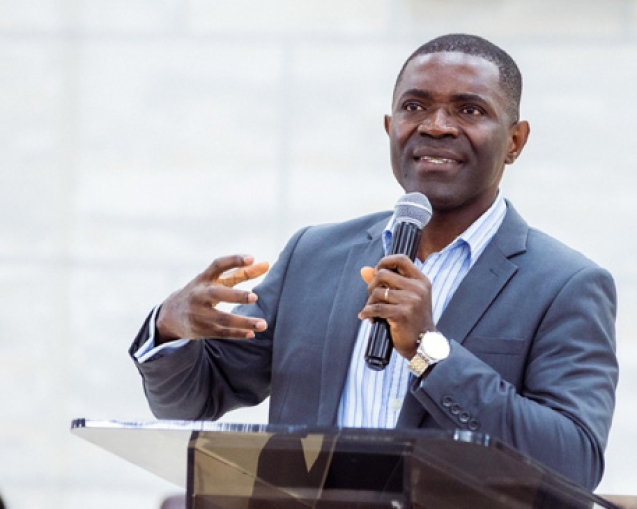The Electoral Commission (EC) has finally announced that the mass voter registration exercise will start from the last week of June and end in the last week of July, this year.
Originally scheduled for April to May, this year, the exercise, which had been bogged down with accusations and counter-accusations from the political parties, was put on hold due to the COVID-19 pandemic.
Yesterday, the EC gave meaning to its resolute stance on the registration exercise when it met the political parties and other stakeholders to put forward their plans before them.
The Inter-Party Advisory Committee (IPAC) meeting was chaired by a Deputy Chairperson of the EC in charge of Corporate Services, Dr Eric Bossman Asare.
According to the EC, the registration will be carried out in five phases over a 38-day period in 33,367 registration centres.
In each constituency, the EC will group five registration centres into a cluster and all clusters will be covered in the five phases of the exercise.
Prior to the main exercise, the EC will pilot the exercise in the first week of June in some selected constituencies in all 16 regions to test the quality of its equipment and the readiness of its officers, among other checks and balances.
Cluster system
Briefing the media after the meeting, the Director of Electoral Services at the EC, Dr Serebour Quaicoe, explained that under the cluster system, a team of registration officials would be assigned to each cluster.
“Each team will be made up of two registration officers, two data entry clerks, one laminator and one registration officer in charge of special duties.
“Each phase for the five clusters will last for six days. The registration officers will go to the first phase of the five registration centres in that cluster. They will be there for six days, rest on the seventh day and retool. They will move to the next registration centre until the last phase. That will give you 30 days and four days’ rest, making 34 days,” he said.
According to him, after the 34 days, the registration team will rest on the 35th day and use the last three days of the 38-day exercise for a mop-up to register those who could not register.
Preventive measures
Dr Quaicoe said the EC had also put in place all the necessary measures to curb the spread of the coronavirus at the registration centres.
He said the EC had engaged in extensive discussions with the National COVID-19 team and had come up with a comprehensive system to protect prospective registrants from the virus.
According to him, the National COVID-19 team was impressed with the safety measures put in place by the EC.
“Every registration centre would have hand sanitisers, Veronica buckets with water and liquid soup. Also, when registrants enter a registration centre, their temperatures would be checked. If the temperature is above the maximum, then we will go to the medical team to come and check on the person. The medial team will then decide whether or not to quarantine him,” he said.
Participants
The IPAC meeting turned the EC’s headquarters into a fortress with dozens of security personnel manning the entrance and other strategic areas.
Apart from the political parties, the EC used the IPAC meeting to present its roadmap for the registration exercise as well as the modalities involved in the exercise to some selected civil society organisations (CSOs) and other key stakeholders such as foreign missions.
All the 24 political parties invited by the EC except the National Democratic Congress (NDC) and the People’s National Convention (PNC) attended the meeting.
For the NDC, none of their officials showed up, but the National Organiser of the PNC, Mr Desmond Twumasi Ntow, who went inside the main offices of the EC, walked out before the meeting commenced.
Mr Ntow told the media after he had walked out that he was at the meeting to enquire why the EC had not responded to its letter objecting to the format of the meeting.
He alleged that when he asked why the EC had not responded to the PNC’s letter, Dr Asare told him that if that was his reason for attending the meeting then it was not necessary for him to have come.
New register
Initially, the EC had scheduled to organise the registration exercise from April to May, but had to put it on hold due to the coronavirus pandemic.
The EC’s firm stance to organise the exercise had been met with stiff opposition by the NDC and other political parties, while the ruling New Patriotic Party (NPP) and others have thrown their weight behind it.
For those opposed to the registration exercise, their argument was that there was no need for a new register because the current one has no major defects and credibility issues.
The NPP had, however, doubted the credibility of the current register with an argument that it is bloated and full of anomalies.
Source: Graphic.com.gh


















